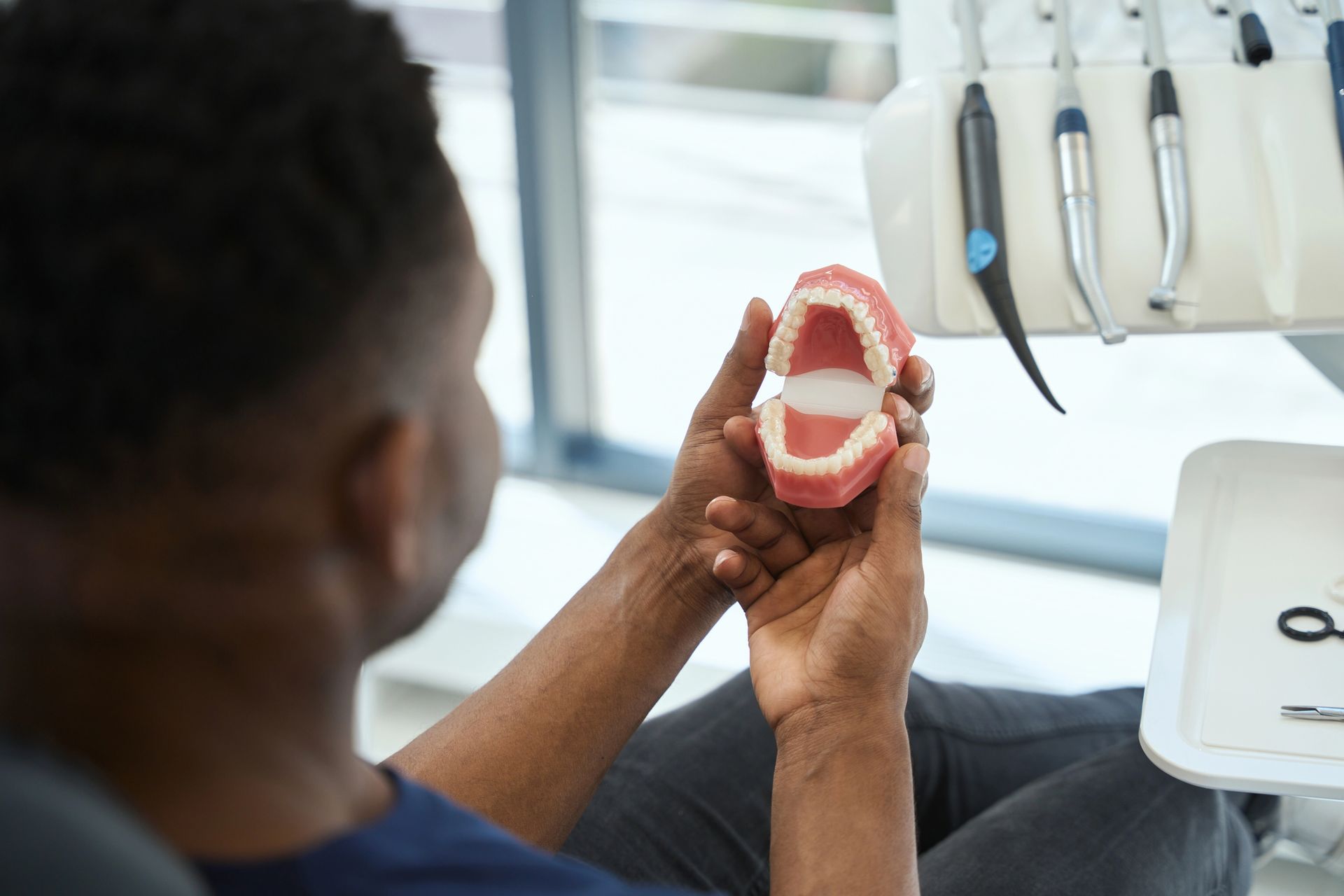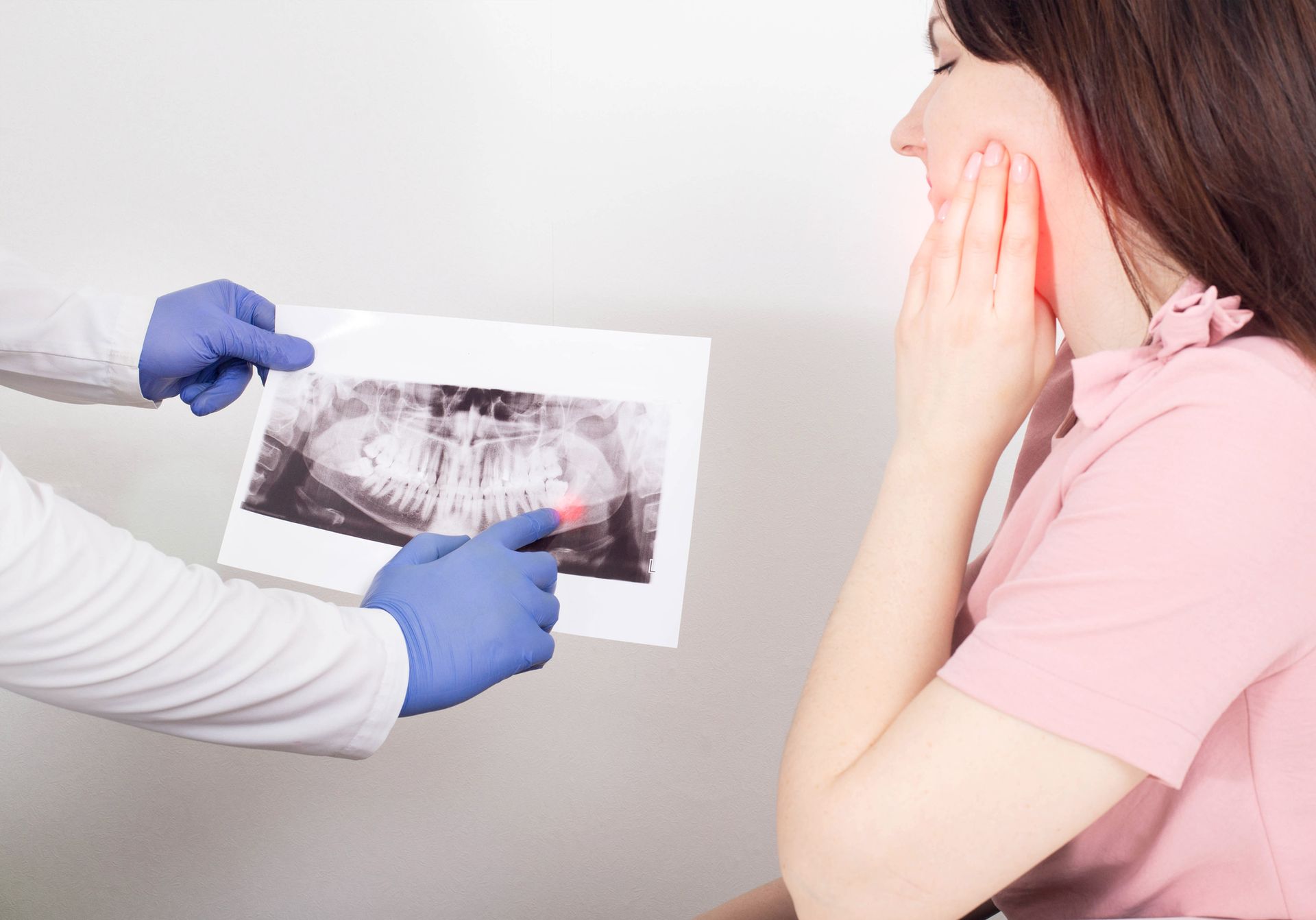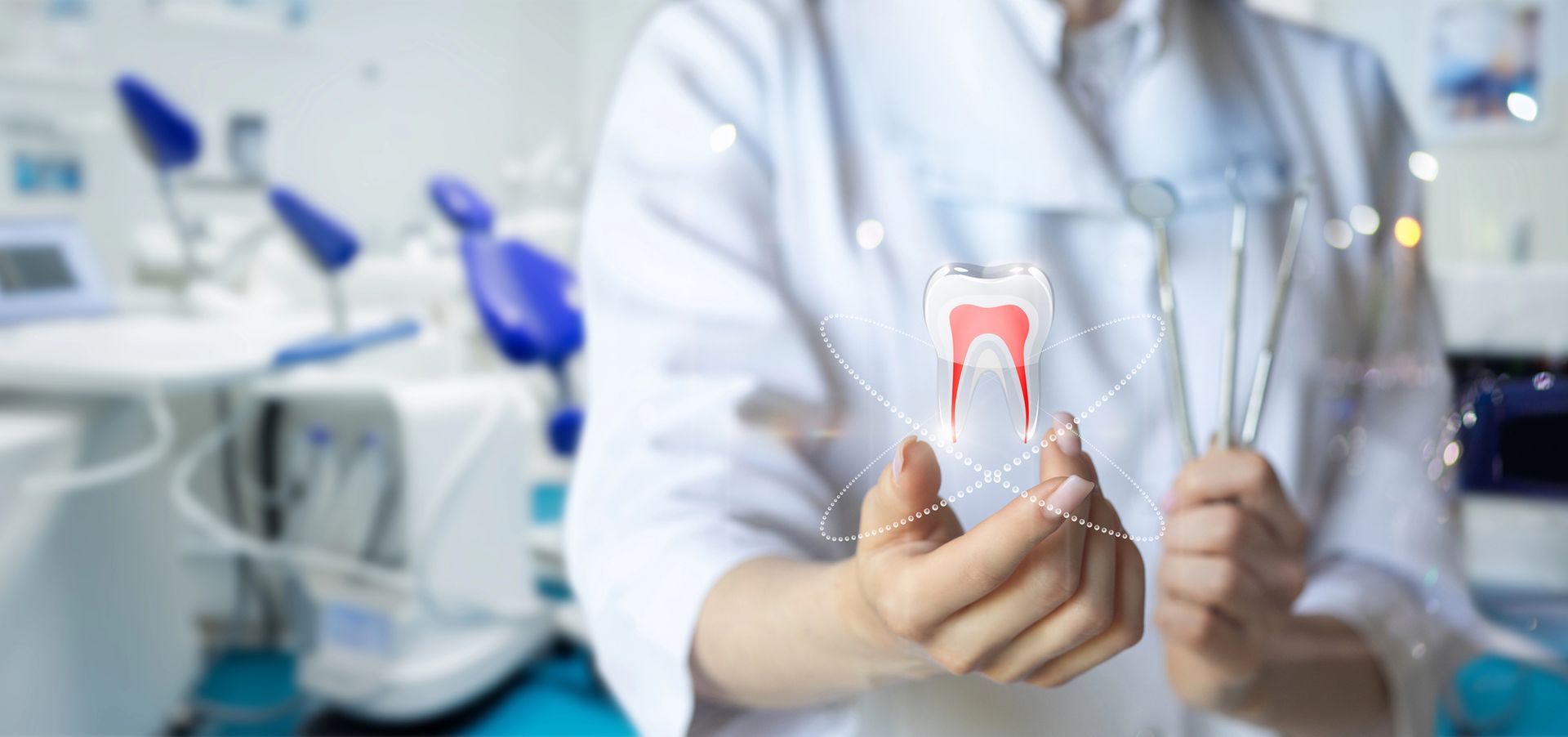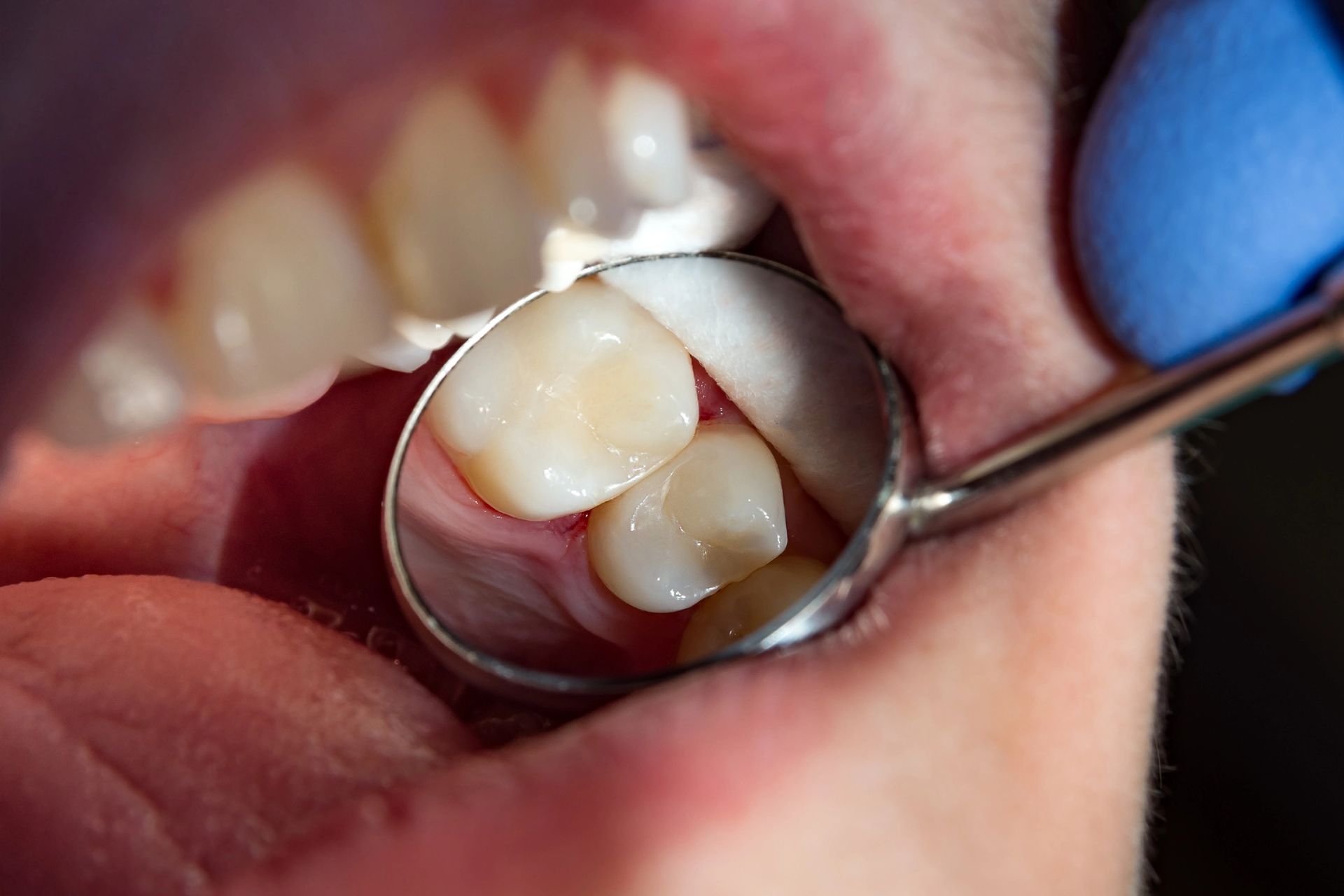
How Long Do Zirconia Crowns Last?
Zirconia crowns are renowned for their durability and strength, making them a popular choice for dental restorations. On average, zirconia crowns can last anywhere from 10 to 15 years, depending on various factors such as oral hygiene practices and the individual's lifestyle. The robust nature of zirconia material contributes to its longevity, providing a reliable solution for those seeking long-term dental restoration options. Understanding how long do zirconia crowns last can help individuals set realistic expectations for their dental care. While zirconia crowns are designed to withstand the pressures of daily use, their lifespan can be influenced by several factors, including the patient's oral habits and overall dental health. Regular dental check-ups and maintaining good oral hygiene can play a significant role in extending the life of these crowns. If you ever find yourself in a situation where your crown becomes dislodged, you might find it helpful to read more about what steps to take by visiting our page on Dental Crown Fell Off What to Do Next to Protect Your Tooth Factors affecting crown longevity The longevity of zirconia crowns can be influenced by several factors, which play a crucial role in determining how long do zirconia crowns last. One of the primary factors is the individual's oral hygiene practices. Regular brushing and flossing can help maintain the integrity of the crown by preventing plaque buildup and gum disease, which can compromise the crown's stability. Additionally, the skill and experience of the dental professional who places the crown can significantly impact its durability. A well-fitted crown is less likely to experience issues such as chipping or loosening over time. Another important factor is the patient's lifestyle habits. For instance, those who engage in teeth grinding or clenching may experience a shorter lifespan for their zirconia crowns due to the excessive pressure exerted on the dental work. Dietary choices also play a role; consuming hard or sticky foods can lead to wear and tear on the crown. Furthermore, regular dental check-ups are essential for monitoring the condition of the crown and addressing any potential issues early on. For those interested in exploring options for dental crowns, you can find more information about Affordable Dental Crowns Columbia by visiting our Affordable Dental Crowns Columbia page. Importance of Regular Dental Check-Ups Understanding how long do zirconia crowns last involves recognizing the crucial role of regular dental check-ups in maintaining their longevity. These appointments allow dental professionals to monitor the condition of your crowns, ensuring they remain in optimal shape and function. Regular check-ups can help identify any potential issues early, such as wear or damage, which might affect the lifespan of your zirconia crowns. By keeping up with these visits, you contribute to the overall health of your dental work and ensure that your zirconia crowns continue to serve you well over time.Role of Oral Hygiene Practices The longevity of zirconia crowns is significantly influenced by the role of oral hygiene practices. Maintaining a consistent and thorough oral care routine can help ensure that zirconia crowns last as long as possible. Regular brushing and flossing are essential to prevent plaque buildup, which can lead to gum disease and affect the stability of the crowns. Additionally, routine dental check-ups play a crucial role in monitoring the condition of the crowns and addressing any potential issues early on. Understanding how long do zirconia crowns last involves recognizing the impact of daily oral hygiene habits on their durability. For those in Columbia seeking more information, Design Dentistry Columbia offers insights into maintaining dental health, and you can learn more by visiting your local Columbia Dentist.
Impact of Dietary Habits
Dietary habits can significantly influence how long zirconia crowns last. Consuming a diet high in sugary foods and acidic beverages may contribute to the wear and tear of dental restorations, including zirconia crowns. These dietary choices can lead to an increased risk of decay around the crown margins, potentially compromising their longevity. On the other hand, a balanced diet that supports overall oral health can help maintain the integrity of zirconia crowns over time. Understanding the relationship between diet and dental health is essential for those looking to maximize the lifespan of their zirconia crowns.Influence of Teeth Grinding
Teeth grinding, also known as bruxism, can significantly impact how long zirconia crowns last. This involuntary habit exerts excessive pressure on dental restorations, including zirconia crowns, potentially leading to premature wear or damage. While zirconia is renowned for its durability and strength, the constant grinding motion can compromise its longevity over time. Understanding the effects of teeth grinding is crucial when considering how long zirconia crowns last, as it highlights the importance of addressing underlying dental habits that may affect their lifespan.Professional Cleaning Frequency
Understanding the professional cleaning frequency is essential when considering how long do zirconia crowns last. Regular dental check-ups play a crucial role in maintaining the longevity of zirconia crowns. During these visits, dental professionals can assess the condition of the crowns and perform necessary cleanings to prevent plaque buildup and other potential issues. While the specific frequency of professional cleanings may vary based on individual needs, maintaining a consistent schedule with your dentist ensures that zirconia crowns remain in optimal condition, contributing to their durability and lifespan.Signs of Crown Wear and Tear
Understanding the signs of wear and tear on zirconia crowns is essential for anyone curious about how long do zirconia crowns last. Over time, you might notice subtle changes such as slight discoloration or a dulling of the crown's surface, which can indicate natural aging. Additionally, small chips or cracks may appear, especially if the crown has been exposed to excessive force or grinding. These signs can serve as indicators that the crown is experiencing normal wear, which is a factor in determining its longevity. Regular dental check-ups can help monitor these changes and assess the overall condition of your zirconia crowns.htmlWhen to Consult a Dentist
Understanding how long do zirconia crowns last is essential for maintaining optimal oral health. While zirconia crowns are known for their durability and longevity, regular dental check-ups are crucial to ensure they remain in good condition. If you notice any discomfort, changes in bite, or visible damage to your crown, it may be time to consult a dentist. Regular professional evaluations can help identify potential issues early, ensuring that your zirconia crowns continue to function effectively and maintain their aesthetic appeal over time.Conclusion
Understanding how long do zirconia crowns last is essential for maintaining a healthy smile. For more information, call 803-408-7163 or [read reviews on Google Maps](https://maps.app.goo.gl/Mn6Pt8Sw7v1e67Za8).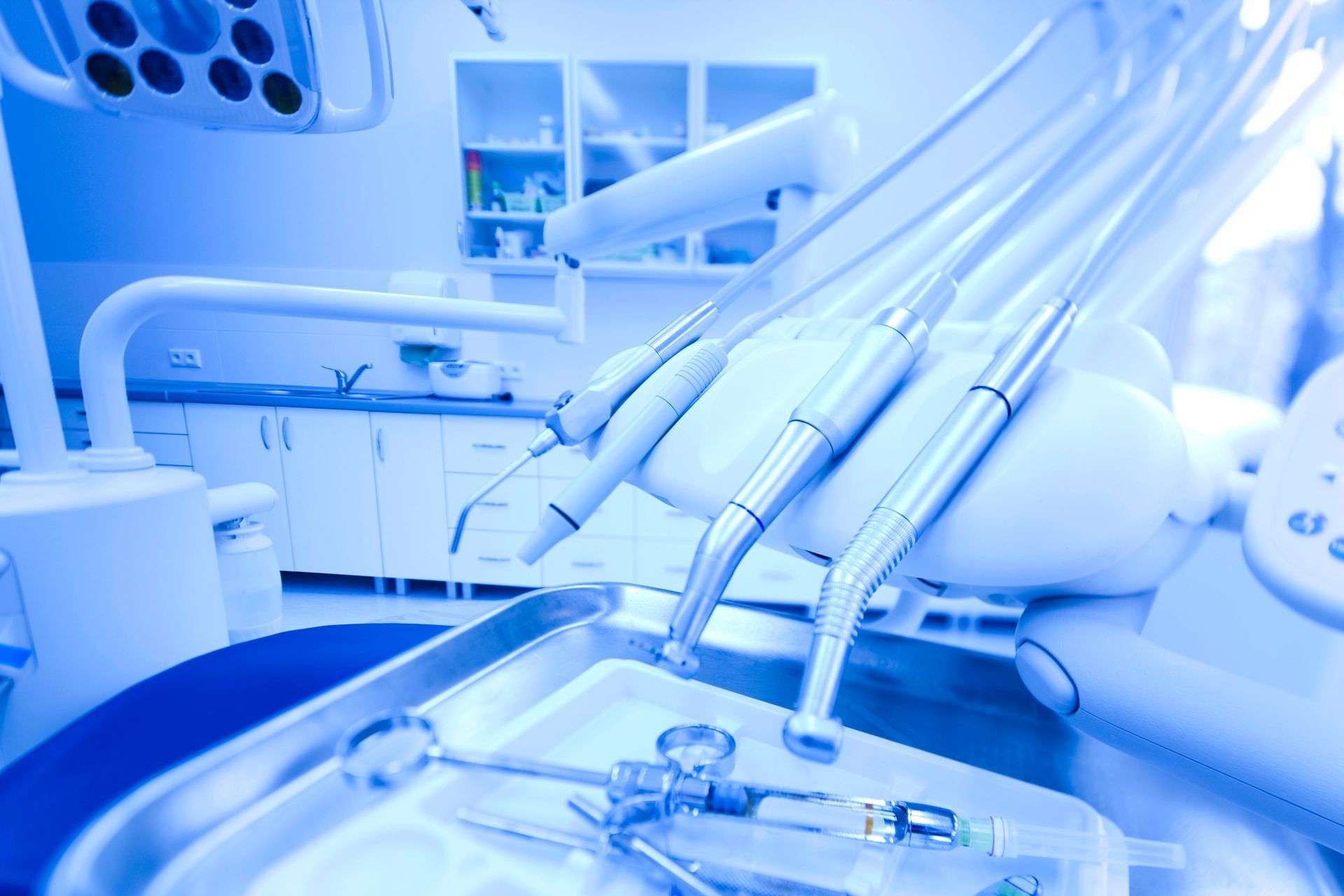
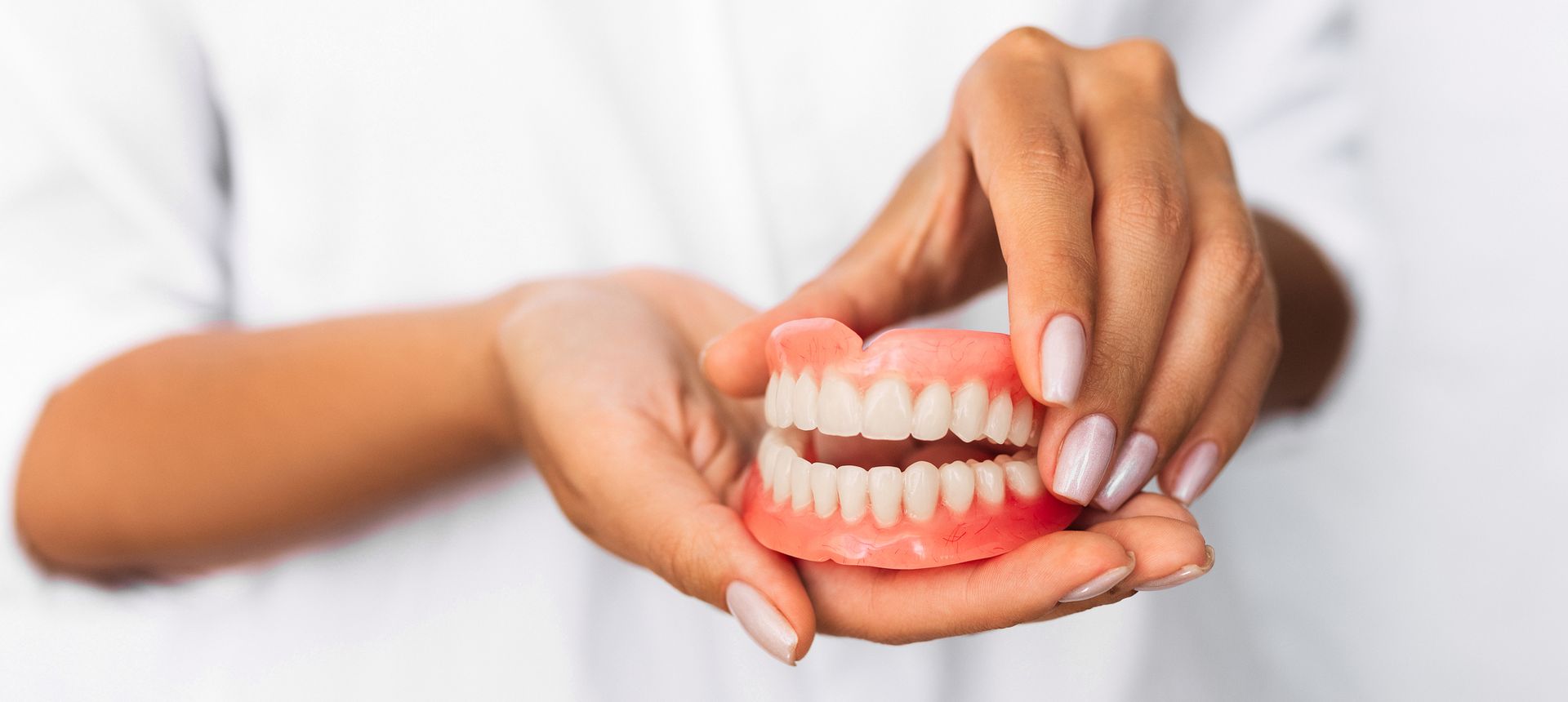
What is the average dental crown cost and what affects it? The dental crown cost can vary widely depending on factors such as the material used and the complexity of the procedure. Understanding these variables can help you anticipate potential expenses.
Dental Crown Cost: Regional Price Variations
The dental crown cost can vary significantly depending on the region where you seek treatment. In metropolitan areas, the cost tends to be higher due to increased overhead expenses and the higher cost of living. Conversely, in rural or less populated areas, you might find that the dental crown cost is more affordable. These regional price variations are influenced by factors such as local economic conditions, the availability of dental professionals, and the overall demand for dental services.
Additionally, the dental crown cost can be affected by the specific materials used and the complexity of the procedure. For instance, porcelain crowns might be priced differently than metal or ceramic crowns, and this can also vary by region. Understanding these regional differences can help you make a more informed decision when planning for your dental care. If you're looking to explore your options further, you might find it helpful to read more about How Can I Find the Best Dental Crowns Near Me?.
Dental Crown Cost: Material Choices Impact Cost
The dental crown cost can vary significantly based on the material chosen for the crown. Common materials include porcelain, ceramic, metal alloys, and composite resin, each with its own price range. Porcelain and ceramic crowns tend to be more expensive due to their natural appearance and durability, while metal alloys might be less costly but offer different aesthetic qualities. The choice of material directly impacts the overall dental crown cost, making it an important consideration for patients.
Additionally, the longevity and performance of the crown can also influence the dental crown cost. For instance, while some materials may have a higher upfront cost, they might offer better durability and require fewer replacements over time. Understanding these material differences is crucial when evaluating the total expense involved. For more information on dental crowns and their costs, visit our page on Dental Crowns in Columbia.
Insurance Coverage Factors
When considering the average dental crown cost, insurance coverage factors play a significant role in determining out-of-pocket expenses. Dental insurance plans vary widely in terms of what they cover, with some policies covering a substantial portion of the cost while others may offer minimal assistance. The extent of coverage often depends on whether the crown is deemed medically necessary or purely cosmetic. Additionally, the type of dental insurance plan you have—whether it's an HMO, PPO, or indemnity plan—can influence the percentage of the cost that will be covered. Understanding your specific insurance policy and its limitations is crucial in estimating the final cost of a dental crown.
Dentist's Expertise Influence
The dental crown cost can significantly vary depending on the expertise and experience of the dentist performing the procedure. Highly skilled dentists with extensive training and a strong reputation in the field may charge more for their services, reflecting their proficiency and the quality of care they provide. Patients often find that investing in a seasoned professional can lead to better outcomes and a more comfortable experience. For those in Columbia seeking expert dental care, Design Dentistry Columbia offers a range of services with experienced professionals, making it a trusted choice for many looking for a Columbia Dentist.
Lab Fees and Quality
When considering the dental crown cost, lab fees and the quality of materials used play a significant role. Dental crowns are custom-made in a lab, and the fees can vary depending on the complexity of the design and the expertise of the technicians. Higher-quality materials, such as porcelain or zirconia, tend to be more expensive but offer better durability and a more natural appearance. These factors combined can significantly influence the overall dental crown cost, making it essential to discuss options with your dentist to find a balance between cost and quality that suits your needs.
Additional Procedures Needed
When considering the dental crown cost, it's essential to account for any additional procedures that may be required. Often, before a crown can be placed, preparatory treatments such as root canals, tooth extractions, or gum treatments might be necessary. These additional procedures can significantly increase the overall expense. For instance, a root canal treatment can add several hundred dollars to the dental crown cost. Therefore, it's crucial to consult with your dentist to get a comprehensive estimate that includes all potential procedures to avoid any unexpected financial surprises.
Geographic Location Differences
The dental crown cost can vary significantly depending on your geographic location. In urban areas or regions with a higher cost of living, you may find that dental procedures, including crowns, are more expensive compared to rural areas. For instance, dental crown costs in major cities like New York or Los Angeles are typically higher than in smaller towns or less populated states. Additionally, the availability of specialized dental services and the level of competition among dental practices in a particular area can also influence the price. Therefore, it's essential to consider your location when budgeting for a dental crown.
Crown Type and Cost
When considering the dental crown cost, it's essential to understand that the type of crown you choose significantly impacts the overall expense. Porcelain crowns, known for their natural appearance, typically range from $800 to $3,000 per tooth. Metal crowns, which are more durable but less aesthetically pleasing, can cost between $600 and $2,500. Porcelain-fused-to-metal crowns offer a balance between durability and appearance, with prices ranging from $500 to $1,500. Additionally, all-ceramic or all-porcelain crowns, often preferred for front teeth due to their superior aesthetics, generally cost between $800 and $3,000. The choice of crown material not only affects the dental crown cost but also its longevity and appearance, making it crucial to consult with your dentist to determine the best option for your needs and budget.
Economic Trends in Dentistry
Economic trends in dentistry significantly influence the dental crown cost, as fluctuations in the economy can impact both the cost of materials and the demand for dental services. For instance, during economic downturns, patients may delay elective procedures, leading to a decrease in demand and potentially lower prices. Conversely, in a booming economy, increased disposable income can drive up demand for cosmetic and restorative dental treatments, potentially raising the cost of dental crowns. Additionally, advancements in dental technology and materials can also affect pricing, as newer, more durable options may come at a premium. Understanding these economic trends can help patients better anticipate and plan for the costs associated with dental crowns.
Conclusion
Understanding the factors that influence dental crown cost can help you make informed decisions; for more information, call 803-373-1069 or read reviews on Google Maps.


